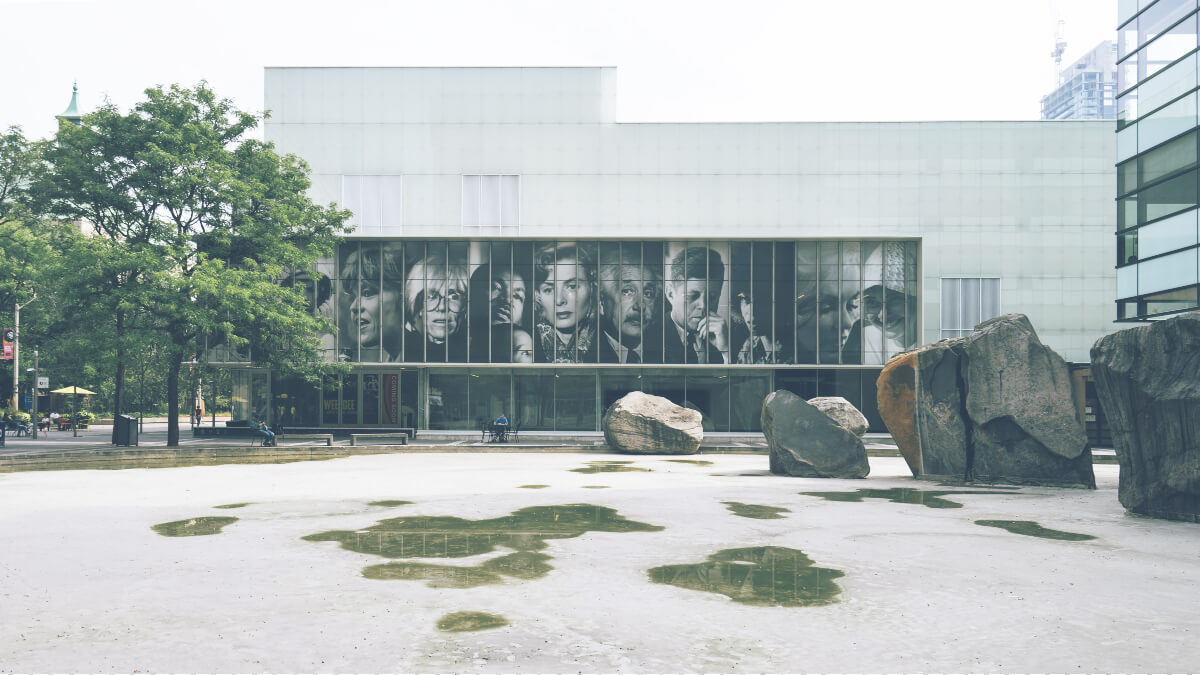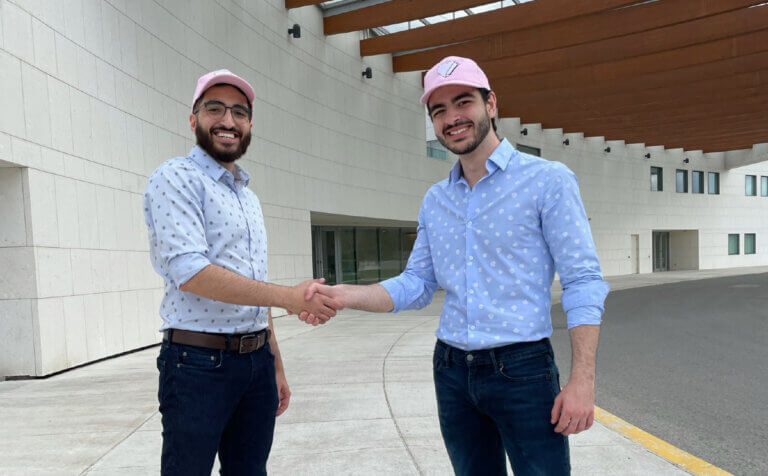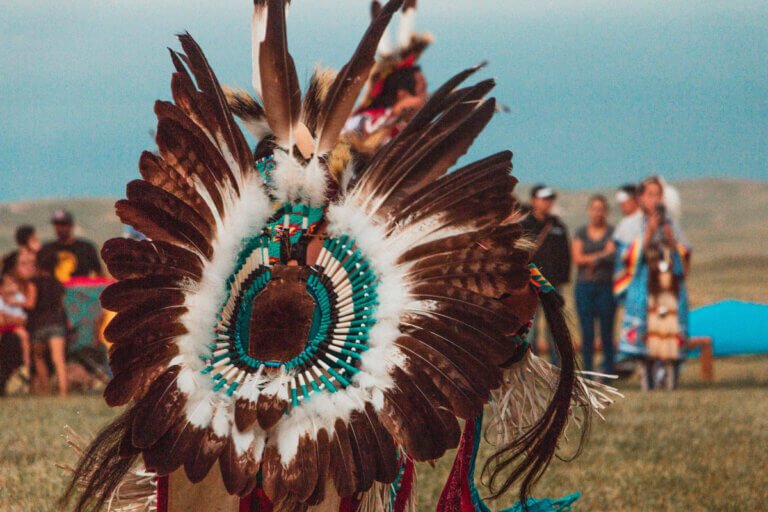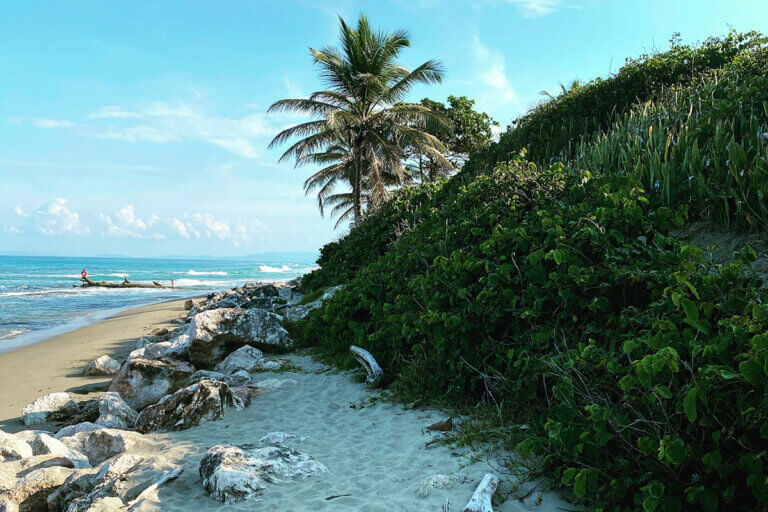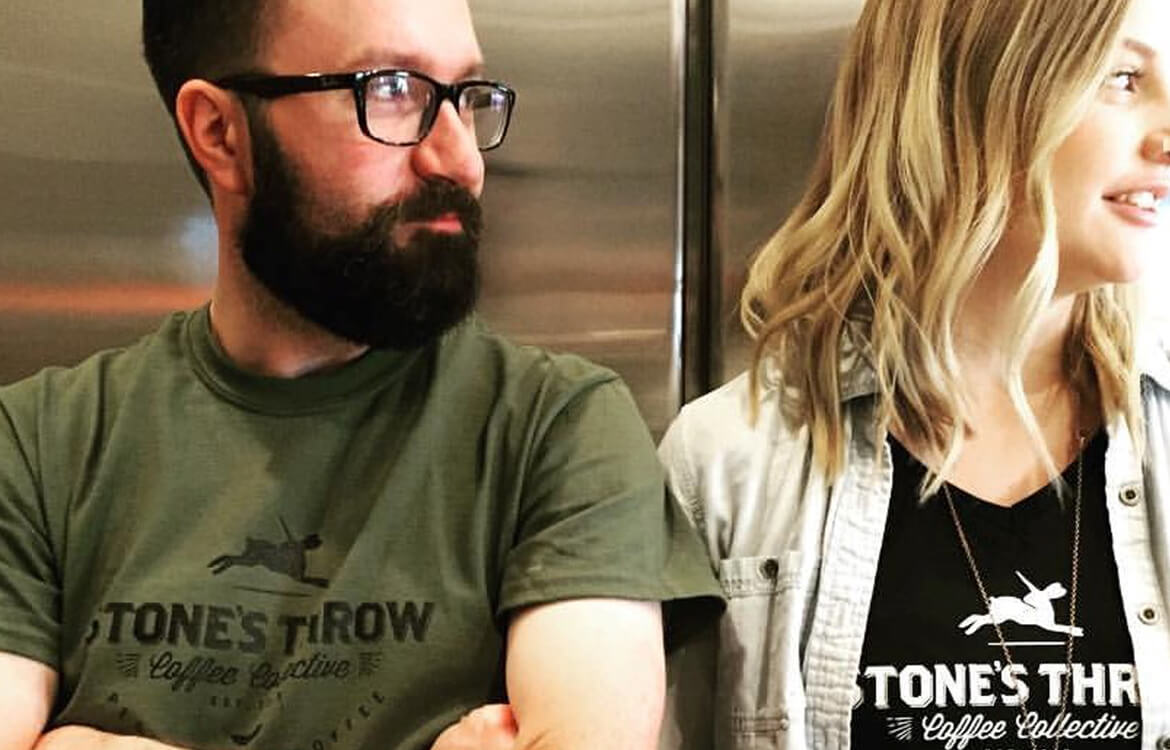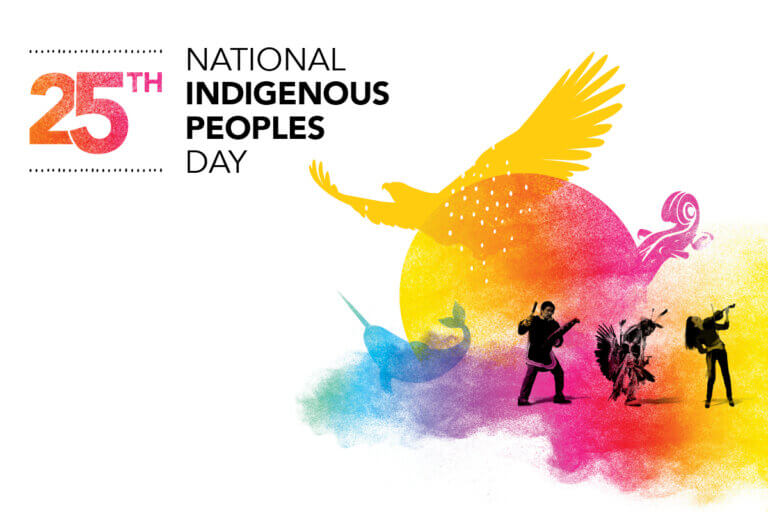UPDATE: On April 26th, 2022, the board of governors at Ryerson University unanimously voted in favor of removing all references to the name Ryerson amidst concern over the man it’s named after being one of the main architects of residential schools in Canada. The university’s new name is Toronto Metropolitan University.
Hundreds of community members including Indigenous faculty, professors and students are calling on Ryerson University to change its name following a rally and dismantling of the campus’s Egerton Ryerson statue on June 6th, 2021. Egerton Ryerson was one of the main orchestrators of Canada’s residential school system, an institution which abused and mistreated First Nations, Métis and Inuit cultures for generations.
The rally, which saw a turnout of almost 1,000 people marching in downtown Toronto, came as a response to the discovery of 215 Indigenous school children buried on the grounds of a former residential school in Kamloops, B.C. The school later announced it will be replacing the statue with a memorial for the 215 children found in Kamloops.
The statue base on Gould Street must be removed for public safety concerns. The memorial for the 215 Indigenous children is being very carefully and respectfully moved towards the west of this site. It will be carefully returned once work is complete.
— Toronto Metropolitan University (@TorontoMet) June 7, 2021
Professors and Faculty Urging Ryerson University Name Change
Meanwhile, hundreds of professors and faculty members have signed a letter urging Ryerson University to change its name. They say by using the name Ryerson, the school is aligning itself with symbols of oppression and genocide, which directly opposes its mission of promoting diversity, equity and inclusion.
Before the start of the 2021 fall semester, the Standing Strong (Mash Koh Wee Kah Pooh Win) Task Force will be submitting a report with recommendations surrounding the school’s name and anything else on campus commemorating Egerton Ryerson. People associated with the school have begun referring to it as “X University” both colloquially and in documents like CVs and email signatures, and one man has said he hopes to forfeit his degree in protest.
School Acknowledges the Need for Continued Dialogue
In a letter following the toppling of the statue on June 6th, the President and Vice Chancellor of the school Mohamed Lachemi acknowledged the need for a continued dialogue and thorough consultation on the subject.
“Our community holds diverse views on many topics, including the name of our institution. At our core, this is what universities are all about: we are a place where difficult subjects are discussed, attitudes are challenged, and alternatives are suggested and considered,” he writes. “This often involves demonstrations and civil protest – and the university will always make space for this. I believe the way to move forward on sensitive, contentious topics is by being consultative, inclusive, respectful and thorough.”
Community members continue to pressure the school to change its name via social media.
Related Articles
Time to change the name of university and street it is located on #never #again
— Robin Ashley Jones (@RobinJo33003005) June 7, 2021
Ryerson Journalism Department Renames Publications
The school’s journalism department has already announced it will be changing the name of two of its publications, the Ryersonian newspaper and the Ryerson Review of Journalism magazine, before the beginning of the school year.
In the past, the school has gone by a few other names including the Ryerson Institute of Technology and Ryerson Polytechnical Institute, but the name “Ryerson” has never been removed from the official title. To change the name of the organization, the school would need to make an amendment to the Ryerson University Act.
The Historical Significance of ‘X University’
The use of the letter X in the school’s unofficial new name is historically significant because in the past, Indigenous people used it as a signature on treaties that were not written in their language, while Black and other oppressed people like Malcolm X have used the letter as a symbol of their lost cultural origins.
However, some community members have made other suggestions, including rededicating the school to George Ryerson, an Ontario physician and politician, or other members of the Ryerson family such as Egerton’s brothers.
If you want to learn more about how to support Indigenous communities in Canada, here are six ways to educate yourself on Indigenous culture, history, traditions and art.
If you or someone you know requires support, the National Indian Residential School Crisis Line is available 24/7 at 1-866-925-4419.
